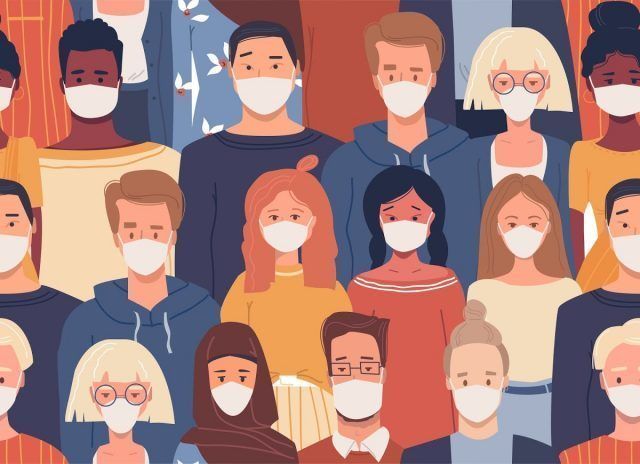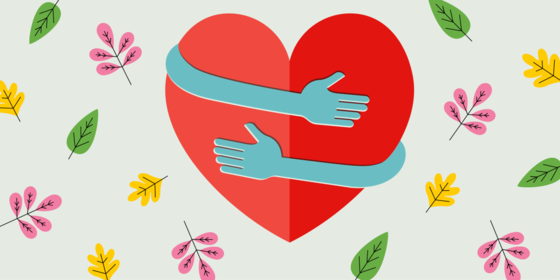Why Wearing Masks is Difficult for Trauma Survivors

by Audrey
Co-Founder of Discovering MErcy
In these unsettling times, the controversy between those that wear a mask and those that can not wear a mask can become quite heated in public. As an advocate for survivors of severe childhood trauma, I’d like to bring a viewpoint of survivors regarding the mask controversy.
Kate Russell, the national spokesperson for Rape Crisis England and Wales states, “A significant proportion of rape survivors had their mouths or noses covered, or were choked or smothered, as part of the abuse and violence they experienced. Covering their face and nose now can trigger flashbacks, panic attacks, and severe anxiety.” A number of rape and sexual abuse survivors have told the charity Rape Crisis they are so scared of being confronted and verbally abused for not wearing face masks that they are avoiding places where they may be challenged. Read "Survivors Say They Are Being Stigmatized For Not Wearing Masks"
During the last several months since the start of COVID-19, the Discovering MErcy team has had multiple conversations with survivors both individually and in a group forum regarding wearing masks. The consensus has been, masks cause survivors a great deal of anxiety and panic. For some, it has also been unsettling to see masses of people wearing them in public, unable to see other people's faces to know they are safe or in danger. The emotional distress and body memories associated with wearing a mask are real for survivors of sexual abuse.
Discovering MErcy is not weighing in on whether or not to wear a mask during the COVID-19 outbreak, we are simply providing information to understand a survivor's viewpoint.
Tips for Survivors that May Find Face Coverings Distressing
- Try experimenting with a variety of masks/face shields/bandana/scarf covering your nose/mouth in a situation where you feel safe and secure – ideally where you are under no pressure to wear it and can take it off at any point
- Go at your own pace and don’t put pressure on yourself. Remember that, if it is hard one day, it might not mean that it is always hard – be curious about what will work best for you
- Be kind to yourself: face-covering might be tolerable in some situations, and then intolerable in another situation
- The sense of smell is really important to feel safe so you could try putting a few drops of lavender or a favorite perfume which reminds you of being safe. If strongly-flavored foods, alcohol or cigarettes might remind you of your perpetrator, avoid wearing a mask when you have been eating/drinking or smoking
- Ask friends, family, or a counselor for help to manage panic and intrusive feelings
- If anyone asks why you are not wearing a mask, explain you are exempt because wearing a mask causes “severe distress”. You could add, saying: “because of trauma-related stress.” However, you do not need to give any more detail if you do not want to.

